Encouraged by declining inflation, the European Central Bank is anticipated to set the stage for its first interest rate reduction in June on Thursday by placing borrowing rates on hold for the final time.
The Frankfurt-based organisation hasn't raised its main interest rates since October 2023, which comes after an extraordinary run of increases meant to cool the rapidly rising inflation.
Following the meeting last month, ECB President Christine Lagarde stated that members of the governing council were not "sufficiently confident" about inflation yet to contemplate easing the restrictions.
Since then, the argument for rate cuts has been stronger, as the eurozone's inflation rate unexpectedly dropped to 2.4 percent in March, putting the ECB's two-percent target within reach.
However, given that ECB officials have stated repeatedly that they are expecting data that won't be available until their meeting on June 6, a change of direction as early as this week appears extremely improbable.
Reiterating her statement from late March, "We will know a bit more by April and a lot more by June," Lagarde specifically mentioned figures on wage increases in the eurozone.
The European Central Bank (ECB) will provide new estimates for inflation and economic growth in June.
Carsten Brzeski, an economist at ING bank, said that Thursday's ECB meeting "looks like the prelude to yet another turning point for monetary policy in the eurozone: final stop before the cut".
The faltering economy
With Russia's conflict in Ukraine and supply interruptions caused by the pandemic, the European Central Bank (ECB) has aggressively hiked its benchmark deposit rate, which is presently at a record four percent. This move was made in an effort to control consumer costs.
The ECB now expects eurozone inflation, which peaked at more than 10% in late 2022, to return to goal in 2025 after declining gradually in recent months.
However, the eurozone economy has suffered as a result of the rising borrowing rates, which have reduced demand as firms and families feel the pinch of higher-priced loans and mortgages.
Due in large part to weak performance in Germany, its largest economy, the 20-nation currency union just managed to stave off recession in the second half of 2023.
The optimal moment to shift course and encourage economic development through lower rates, without jeopardising the progress on inflation, is something the ECB and other central banks are now debating.
As the first significant central bank to do so, the Swiss National Bank started the cycle of rate cuts last month by lowering its main rate by 0.25 percentage points.
In light of a strong economy, the US Federal Reserve, which started raising rates sooner than the ECB and has held rates stable at recent meetings, is anticipated to hold off on raising rates for a bit longer.
- Prior to Fed
In his remarks last week, Fed chairman Jerome Powell cautioned that decreasing the benchmark rate too soon might be "quite disruptive" for the US economy while maintaining that the high rate was "doing its job" against rising inflation.
Some commentators are concerned that the ECB may cut rates before the Fed.
Reduced interest rates inside the eurozone may lead investors to seek for better yields overseas, which would devalue the euro and drive up the cost of imports, thus sparking inflation once again.
However, Capital Economics' Jack Allen-Reynolds stated that he thought the ECB "won't wait for the Fed".
Different facts will elicit different responses from the two central banks. Because economic growth is currently substantially slower in the eurozone, the statistics may actually favour an early decrease by the ECB," he stated.
When the European Central Bank (ECB) does begin to ease its monetary policy, focus will immediately turn to the rate and magnitude of upcoming rate decreases.
This year, a lot of experts anticipate at least three or four cuts, with each one being made by 25 basis points.
To be clear, Lagarde has stated that the ECB would not "pre-commit to a particular rate path" and that any choices made in the future would be based on information received.
End/v7n/wbd/mos/dk/



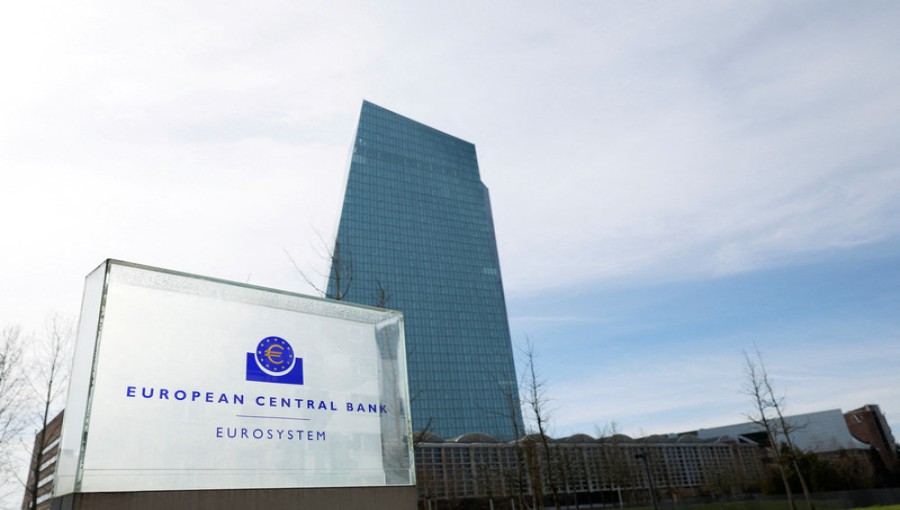

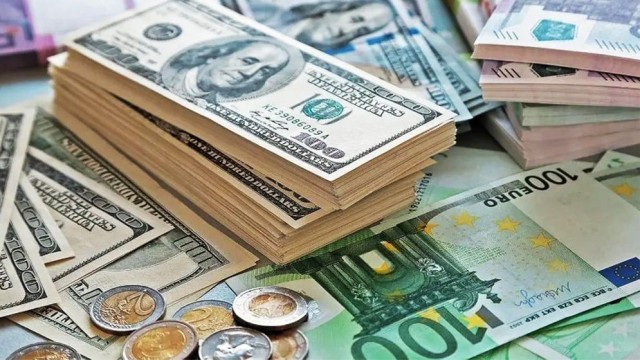
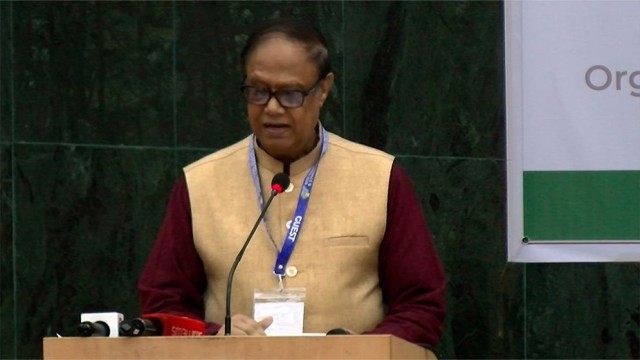
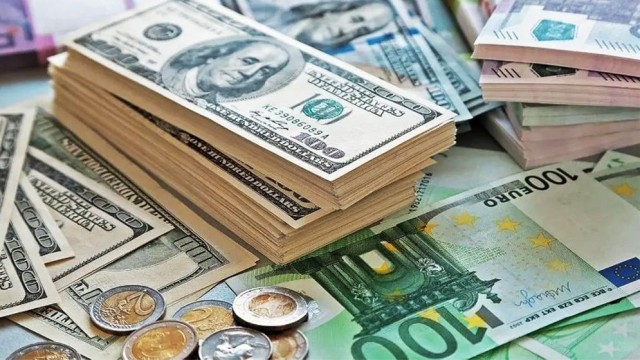



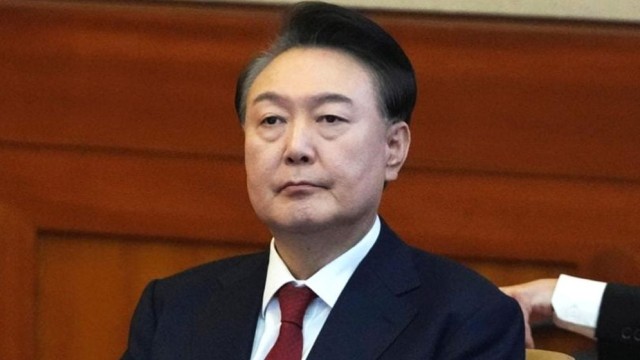





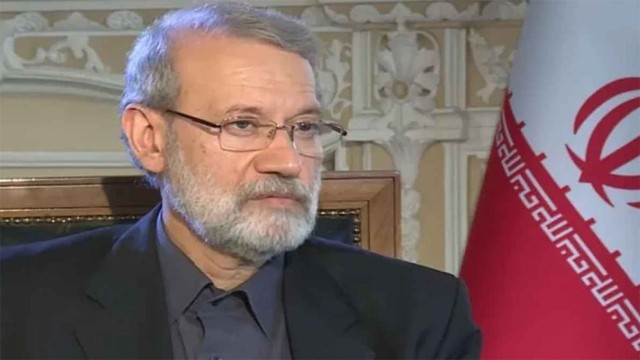
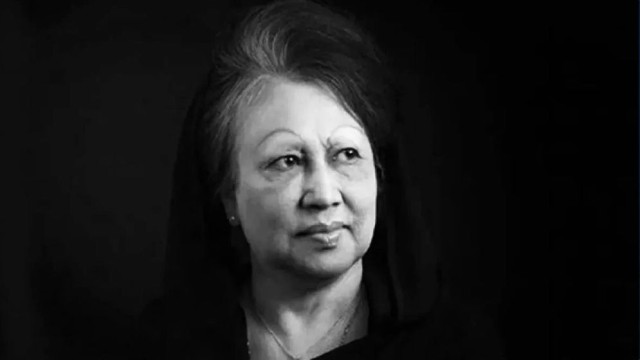












Comment: